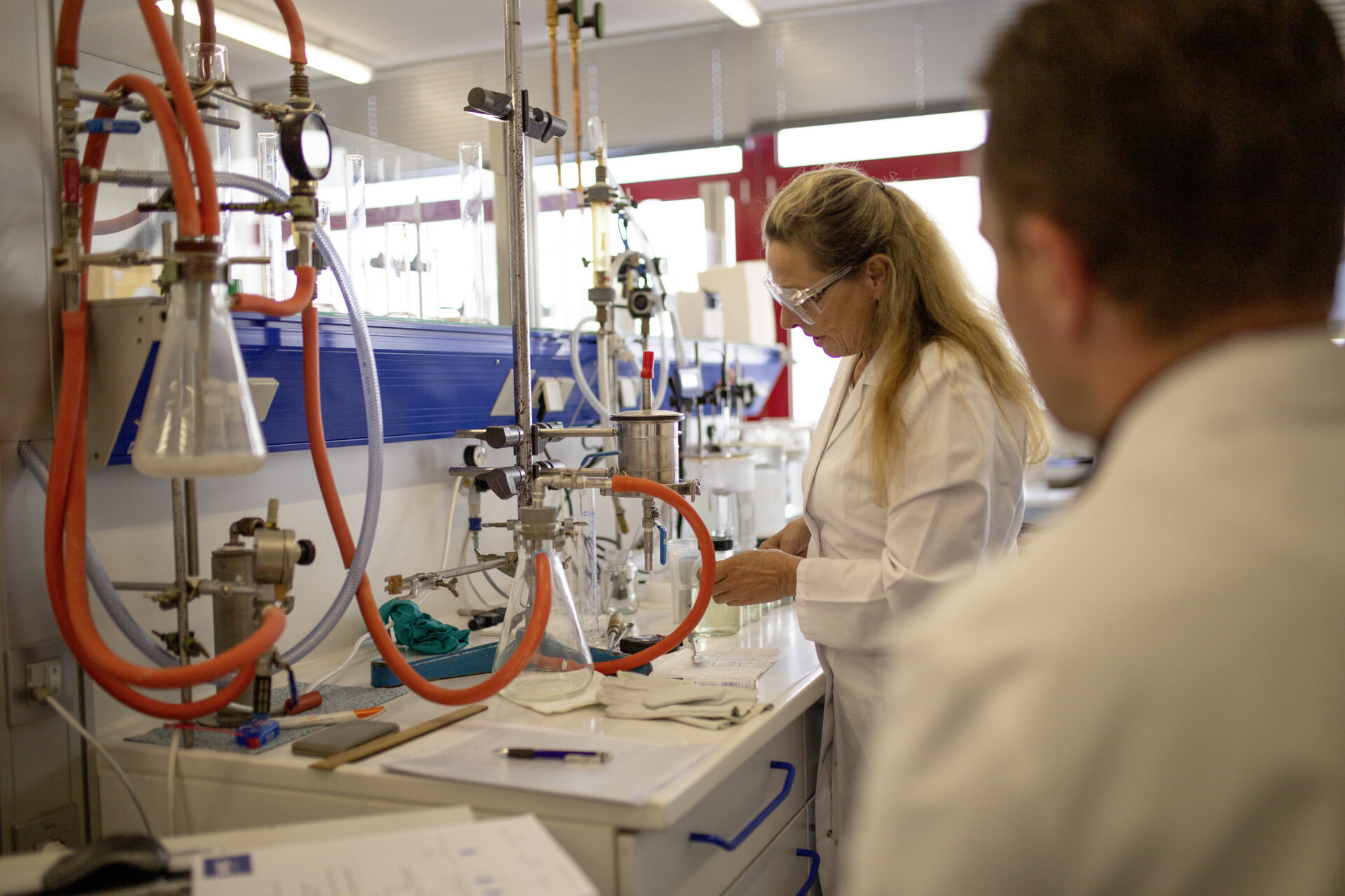Citrus fiber and pectin in food
Citrus fiber is used primarily as a fat replacer, thickener, stabilizer, and texturizer in food products, especially in sectors like plant-based, low-fat, and gluten-free foods.
Citrus pectin is in demand in the food industry as a natural gelling and stabilizing agent. It’s widely used in jams, jelly, spreads, as well as in dairy products, confectionery, and beverages. There is also increasing interest in pectin for health supplements and pharmaceuticals.
Both products are functional ingredients derived from citrus peel, a by-product generated during juice extraction.
Production of citrus fiber and pectin

Production of citrus fiber and pectin
Citrus peel is a mixture of soluble carbohydrates, fiber, essential oils, and some minor components. After the isolation of the fiber from other components, multiple washing steps with alcohol may be required to purify the product.
Citrus pectin is the soluble part of the fiber. In the isolation process, pectin is solved in water and then precipitated with alcohol.
Stripping the alcohol content and drying

Stripping the alcohol content and drying
In both citrus fiber and pectin processes, the alcohol required during the process needs to be removed nearly completely from the final product, and the moisture content shall be reduced to a required level. BHS provides a flexible process design for these two process steps, fully adapted to customers’ demand. The process may be continuous with the machine type HTK-T – to realize the stripping and drying steps in individual machines; or batchwise with the machine type HTC-T, in which both process steps can be realized in a single machine.




















































